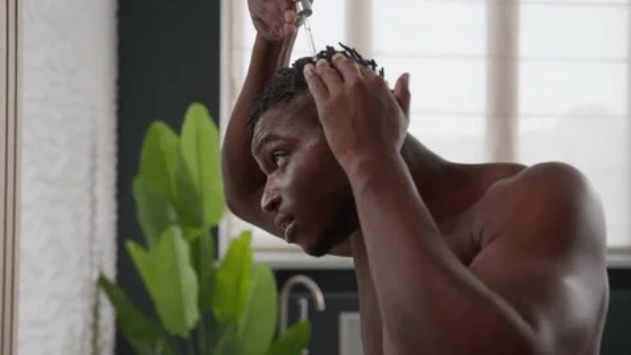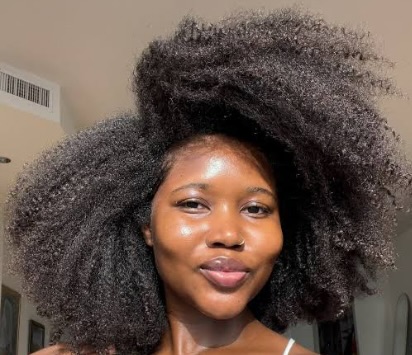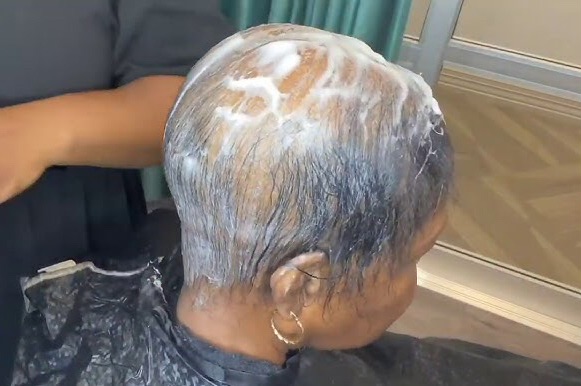Scalp folliculitis may not be a term thrown around often in barbershops, but it’s a condition many Black men deal with—whether they realize it or not.
Characterized by inflamed, itchy bumps on the scalp, scalp folliculitis happens when hair follicles become irritated or infected, often leading to discomfort, scarring, and even hair loss if untreated.
Understanding what it is, why it happens, and how to treat it is key to keeping both your scalp and hair healthy.
Why Black men are more prone
Black men are more likely to experience scalp folliculitis due to a combination of factors—namely, hair texture and grooming habits. Curly and coily hair tends to grow back into the skin, increasing the likelihood of ingrown hairs. Frequent close shaves, clippers that aren’t properly cleaned, or tight-fitting headwear (like durags or helmets) can also irritate the scalp and trigger flare-ups.
Signs to watch for
Symptoms often include:
• Small red or white bumps around hair follicles
• Itching or tenderness on the scalp
• Pus-filled blisters that crust over
• Scalp sensitivity or pain when brushing or combing
These signs are easy to dismiss as razor bumps or a mild breakout, but recurring irritation should be taken seriously.
Treatment and prevention
The first step to managing scalp folliculitis is identifying and minimizing the irritants. Here’s how:
1. Switch up your haircut routine: Avoid overly close shaves. Ask your barber to use guards and sterilized clippers, and skip shaving your head completely if you’re prone to bumps.
2. Keep it clean: Use antibacterial or tea tree oil-infused shampoos that soothe the scalp and reduce bacterial buildup. Avoid harsh, drying products that strip the scalp of natural oils.
3. Hands off: Don’t scratch or pick at bumps—it increases the risk of infection and scarring.
4. Moisturize and protect: A clean, moisturized scalp is less likely to flare up. Apply lightweight, non-comedogenic oils or creams after washing.
5. Consult a dermatologist: If the condition is persistent or worsens, a dermatologist may prescribe medicated shampoos or topical antibiotics.Scalp health is essential—not just for hair growth but for your overall confidence and comfort. Breaking the silence around scalp folliculitis helps Black men reclaim ownership of their grooming health with clarity, care, and pride.





